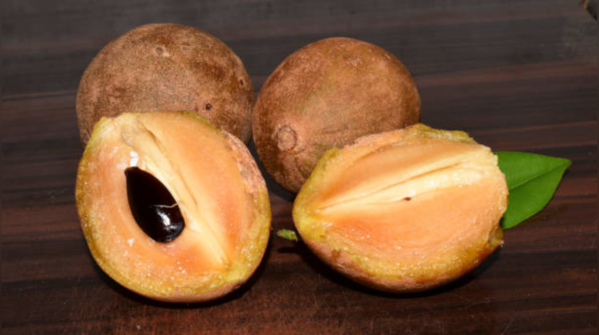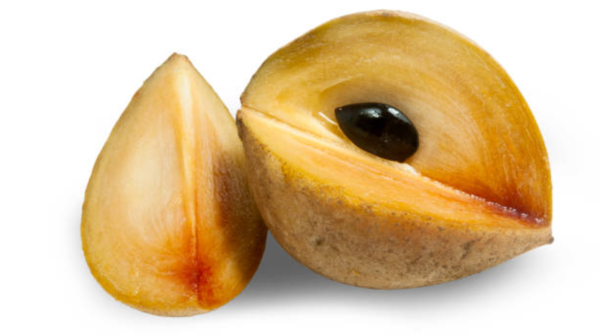- News
- lifestyle
- health-fitness
- diet
- Why summer superfood, Chikoo, should be a daily diet essential
Why summer superfood, Chikoo, should be a daily diet essential

The benefits of chikoo
Chikoo (sapodilla) is known for its health benefits, but are the reports of its magical effects on eyesight, bones, and digestion accurate? Social media updates indicate that eating chikoo every day improves vision tremendously, strengthens bones, and corrects all digestive problems. But science has a different tale to tell. Let us understand these claims and find out what advantages chikoo holds.

Can chikoo improve eyesight?
Many people think that eating chikoo every day improves vision. Though chikoo contains vitamin A that helps in maintaining eye health, it doesn't improve your vision. Many factors like genetics, age, and a well-balanced diet rich in vitamins C and E, zinc, and omega-3 fatty acids are responsible for good eyesight.
2-minute exercise routine to cleanse and improve lung capacity

Vitamin A in eye health
Vitamin A is important to prevent night blindness and maintain healthy eyes, but consuming chikoo alone is not sufficient. Carrots, sweet potatoes, and spinach are high in vitamin A and are good for the eyes. A balanced diet and frequent eye checkups are important for good eyesight.

Does chikoo help improve bones?
Chikoo has trace amounts of calcium, phosphorus, and magnesium, which are important for bone health. But these nutrients are not in such quantities that they would make bones much stronger. Nutritionists say that bones become strong with a diet that includes calcium, vitamin D, and magnesium from foods such as dairy products, leafy vegetables, and nuts.

The role of vitamin D in bones
Vitamin D is important for calcium absorption, which has a direct impact on bone strength. Eating chikoo alone will not meet the body's need for strong bones. Sunlight, milk products, and fortified foods are much better sources of vitamin D and calcium.

Can chikoo cure digestive issues?
Chikoo is rich in dietary fiber, which helps in digestion and prevents constipation. Although fiber helps maintain gut health by regulating bowel movements, it does not cure all digestive issues. Acid reflux, irritable bowel syndrome (IBS), and other gastrointestinal conditions need more than just fiber; they require medical advice and a healthy diet.

Chikoo and its mythical health benefits
Social media messages tend to make exaggerated claims about chikoo as a miracle fruit. There are even claims that chikoo can cure COVID-19, which have no basis in science. Such false information may lead people to depend on chikoo for unachievable health benefits rather than a proper diet and medical care.

The need for a balanced diet
No single food item, including chikoo, contains all the necessary nutrients for good health. A combination of vitamins, minerals, proteins, and fats from various sources is required for overall well-being. Excessive dependency on one fruit may result in nutrient deficiency and health imbalance.

The importance of lifestyle
Aside from nutrition, lifestyle is a significant factor in preserving good eyesight and bone health. Regular exercise, reduced screen time, proper posture, and sunshine exposure all benefit your health. Simply eating chikoo without following these practices wouldn't give you the stated advantages

Verifying online health claims
Misinformation spreads like wildfire on social media sites. Before embracing or advocating for these claims, ensure that they are backed by scientific studies. Medical journals, health professionals, and nutritionists are good sources of information for this purpose.









